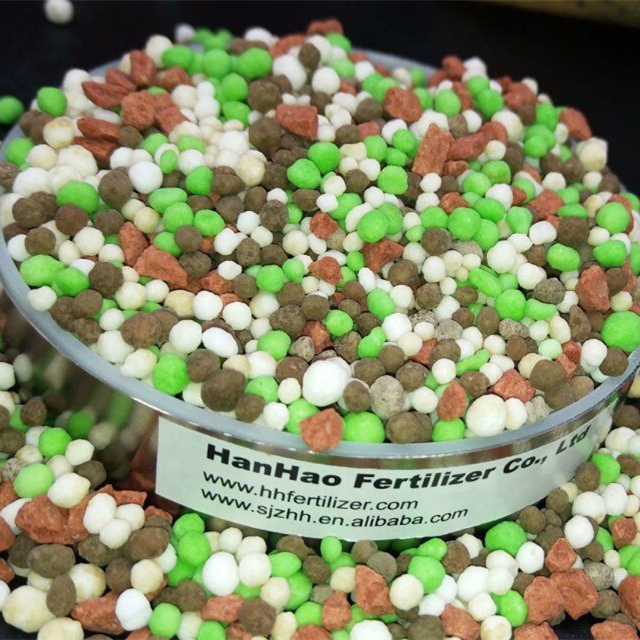
Nov . 07, 2024 05:38 Back to list
Choosing the Right NPK Fertilizer for Optimal Vegetable Growth and Yield
Understanding NPK Fertilizer for Vegetables
In the realm of agriculture and gardening, the use of fertilizers is essential for enhancing crop yield and quality. Among various types of fertilizers, NPK fertilizers have gained immense popularity due to their balanced and effective nutrient composition. The acronym NPK represents the three primary macronutrients that are crucial for plant growth Nitrogen (N), Phosphorus (P), and Potassium (K). Each of these nutrients plays a unique role in the health and productivity of vegetables, making it vital for gardeners and farmers to understand their significance and proper application.
The Role of NPK Nutrients
1. Nitrogen (N) Nitrogen is primarily responsible for promoting leafy, vegetative growth. It is a key component of chlorophyll, the compound that plants use to perform photosynthesis. Vegetables such as lettuce, spinach, and other leafy greens benefit significantly from nitrogen-rich fertilizers, as they need ample foliage to capture sunlight for energy. However, while nitrogen boosts growth, excessive amounts can lead to lush foliage with poor fruit and flower production, making balanced application crucial.
2. Phosphorus (P) Phosphorus is essential for energy transfer and storage within the plant. It plays a vital role in root development, flowering, and seed formation. This nutrient is particularly important for root vegetables like carrots and beets, as it encourages strong root systems and enhances overall robustness. Additionally, phosphorus supports the production of oils and sugars, contributing to the overall flavor and quality of the vegetables.
3. Potassium (K) Potassium is sometimes referred to as the regulator of many processes within the plant. It is instrumental in water regulation, enzyme activation, and the synthesis of proteins and starches. Potassium enhances a plant’s stress resistance, improving its ability to withstand drought and disease, which is essential for maintaining healthy crops. Vegetables like tomatoes and peppers benefit from potassium, as it promotes fruit quality, size, and flavor.
NPK Ratios Understanding the Numbers
NPK fertilizers are available in various formulations, usually represented by three numbers on the packaging, indicating the percentage of nitrogen, phosphorus, and potassium respectively. For example, an NPK ratio of 10-20-10 signifies that the fertilizer contains 10% nitrogen, 20% phosphorus, and 10% potassium. Choosing the right NPK ratio is crucial as different vegetables have varying nutrient requirements throughout their growth stages.
- For leafy greens, a fertilizer with a higher nitrogen content (e.g., 30-10-10) is beneficial during the early stages of growth. - Root crops might require a balanced mix (e.g., 10-10-10) to support overall development. - Fruiting vegetables, like tomatoes, greatly benefit from a fertilizer higher in potassium (e.g., 5-10-20) to improve fruit yield and flavor.
npk fertilizer for vegetables

Application Techniques
Applying NPK fertilizers effectively requires an understanding of the timing and method
. Here are some key points to consider1. Soil Testing Conduct soil tests to determine existing nutrient levels and pH. This will help you tailor your fertilizer choice to the specific needs of your soil and plants.
2. Timing Apply NPK fertilizers during the early growth stages, around planting time, or when plants resume active growth in spring.
3. Application Method Fertilizers can be applied through broadcasting, side-dressing, or as foliar sprays. Each method has varying rates of absorption and effectiveness, depending on the vegetable type.
4. Watering After applying NPK fertilizers, it's crucial to water the plants adequately. This not only helps to dissolve the fertilizer but also facilitates nutrient uptake by the roots.
Conclusion
Understanding NPK fertilizers is essential for anyone involved in vegetable gardening or farming. By recognizing the roles of nitrogen, phosphorus, and potassium, and applying them appropriately, gardeners can significantly enhance their vegetable yield and quality. Whether you are an experienced grower or just starting, correct use of NPK fertilizers can transform your gardening journey, providing healthy, bountiful crops.
-
Premium Amino Acid Fertilizer | Rapid Plant Growth Booster
NewsJul.31,2025
-
10 10 10 Fertilizer Organic—Balanced NPK for All Plants
NewsJul.30,2025
-
Premium 10 10 10 Fertilizer Organic for Balanced Plant Growth
NewsJul.29,2025
-
Premium 10 10 10 Fertilizer Organic for Balanced Plant Growth
NewsJul.29,2025
-
Premium 10 10 10 Fertilizer Organic for Balanced Plant Growth
NewsJul.29,2025
-
50 Pound Bags of 13-13-13 Fertilizer for All Plants – Bulk & Organic Options
NewsJul.28,2025
